How training and upskilling can help avoid The Great Resignation

Things to consider
‘The Great Resignation’ was a term coined in 2021 when people across the UK and worldwide started to quit their jobs or change careers as a result of the Covid-19 pandemic. The Office for National Statistics estimated that there were a record 1.25 million job vacancies in the UK from October to December 2021. And data released by the UK’s Labour Force Survey also showed that, of 1.02 million people who moved jobs between July and September 2021, 391,000 of them had resigned – the highest spike ever recorded by the LFS.
But whilst experts believed the trend was a side effect of pandemic uncertainty and lifestyle changes, The Great Resignation is still far from over in 2022.
Whilst the pandemic, lockdowns and remote working were the catalysts, there are other unshakable factors causing workers to continue leaving. These factors include: more people searching for deeper meaning in their work, the desire for a job that aligns with new post-pandemic values, more autonomy in their role, a better work-life balance or an increase in pay and benefits (especially during the cost of living crisis).
Loosing employees is expensive but there are things that employers can do to retain talent and prevent resignations – and the key is addressing the above issues head-on.
One approach is to increase the investment in people, with a focus on learning and development – a trend which many businesses are now adopting. By investing in training your workforce, you can raise productivity, boost business growth and increase profitability.
What can your business do to increase it’s learning and development efforts?
- Conduct a skills audit and listen to what staff want and need
With the majority of staff working remotely and in hybrid roles, it can be challenging for managers and employers to identify the skills gaps in teams, and identify the new skills employees might need in these new work environments. Conducting a comprehensive skills assessment can help surface these gaps (and shows employees you’re willing to invest in the process). A skills plan outlining the training and development needs of your business can then be drawn up and make up part of the corporate strategy, not only demonstrating a focus on L&D but a cultural shift in your business too.
Click here to find out more about our free skills assessments and see if your business is eligible.
You can also check out our programme of training courses here.
- Get expert and impartial business advice
If you don’t know where to start when it comes to conducting an assessment, partnering with a dedicated training provider, like Rise, can be extremely helpful where resource is lacking internally. Acting as a fresh pair of impartial eyes, a training partner usually has the expertise and dedicated time to offer the best solutions that will make a real difference to your business. Establishing a partnership with an external organisation also gives another strong message to employees, that you’re serious about the learning and development journey with an accredited and recognisable provider. This can be a real morale booster for staff.
- Get expert and impartial business advice
- Explore funding opportunities to help with investment costs
As we enter a recession, investing more in your people can prove challenging, especially when budgets are tight and costs at their highest. But there are funding opportunities available for business support that can help ease that pressure and make things like training and taking on apprentices more affordable, and accessible to more people within your organisation.
Find out more on how to access skills funding for your business here. Our team can also consult with you to discuss funding options withing the region.
- Embed training into your corporate culture
Finally, make sure staff training isn’t a one-off offer and that you make training opportunities continuously available for staff across your organisation – whether that’s regular course sign-up opportunities, or courses on different topics being made available. Talk about training in your strategy and corporate communications to embed learning and development in your culture and everything you do. You can also share success stories and recognise achievements.
We love sharing updates from our current business students and celebrate their success. Follow us on LinkedIn, Facebook and Twitter to get inspiration on what other organisations are doing.






